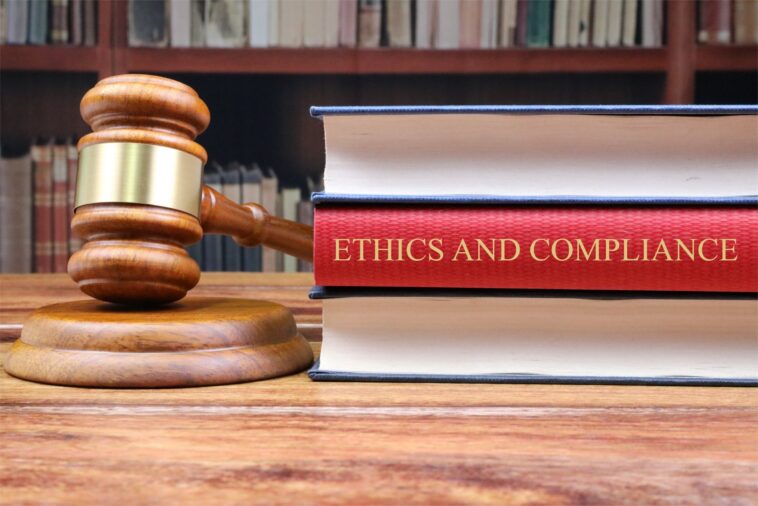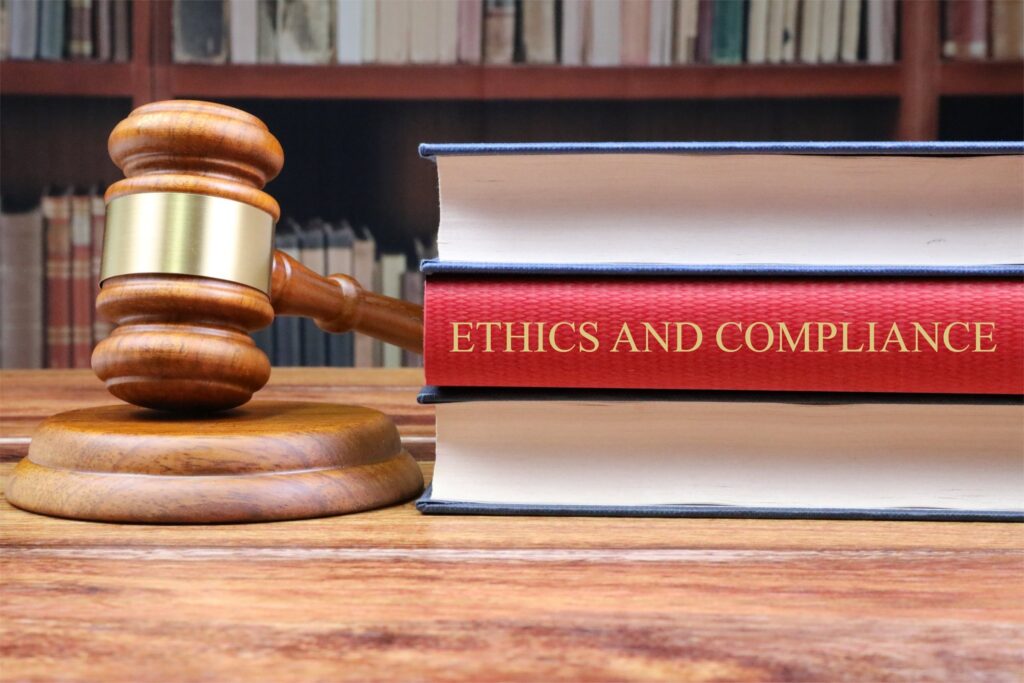Religious Leaders and the Law: The Case of the Church of Jesus Christ of Latter-day Saints
Background
The recent ruling by an Arizona judge, Timothy Dickerson, dismissing a high-profile child sexual abuse lawsuit against the Church of Jesus Christ of Latter-day Saints, has brought to the fore the issue of clergy-penitent privilege.
Clergy-penitent privilege is a legal protection that prohibits the disclosure of information obtained during a confidential conversation between clergy and penitent in criminal proceedings, such as in a deposition. The purpose of the privilege is to assure individuals that they can communicate freely with their religious leaders with the assurance that their disclosures will be kept confidential. However, the privilege has been misused in some cases, such as in the case of the LDS Church lawsuit, shielding religious leaders from reporting serious crimes like sexual abuse.
The Arizona Case
In the case of the LDS Church lawsuit, Paul Adams, a church member, allegedly confessed to sexually abusing his daughter to several officials of the church, including two bishops. However, the abuse was never reported to civil authorities, nor was it investigated by law enforcement officials or Child Protective Services. The judge dismissed the case because the clergy-penitent privilege protected information from being disclosed in the criminal proceedings.
The judge’s decision has been criticized by some as misusing the clergy-penitent privilege by applying it to members of the church who were not accredited clergy. Lynne Cadigan, an attorney representing the two victims who filed the lawsuit, plans to appeal Dickerson’s ruling because she believes it misuses the privilege.
Clergy-Penitent Privilege and Reporting Laws
The case of the LDS Church highlights the tension between maintaining confidentiality in confession and the duty to report knowledge of a potential crime or situation of neglect. While religious leaders have a religious right to maintain confidentiality, they are often considered mandated reporters, and their duty to report supersedes their duty to maintain confidentiality.
Responding to this dilemma, many states (including Arizona) have crafted reporting laws addressing the dangers of upholding this exception for clergy, especially when it comes to cases that involve the abuse of minors. The legal exceptions granted in clergy-penitent laws can sometimes be ignored when failing to report a confession or suspicion of abuse might prevent a minor from being extracted from an abusive, traumatic, and dangerous situation.
The Role of Hotlines
One way religious institutions address accusations of sexual violence and sexual abuse is through hotlines. While the LDS Church uses a hotline to counsel clergy on how they should respond in such scenarios, this hotline has been criticized for being more for the church’s lawyers than for victims.
The hotline is intended for bishops to use when a church member confesses a crime to them. When a bishop calls, they are connected with a staff member at the LDS Family Services office. During this initial conversation, a counselor can speak with the bishop about why they are calling. Eventually, all calls to this hotline are forwarded to the church’s law firm, Kirton McConkie.
The use of hotlines by religious institutions has been criticized for prioritizing the interests of the religious organization over the victims. In the case of the LDS Church, conservative and hierarchical structures make it difficult for the victims to voice their concerns and for their complaints to be heard.
Conclusion
The tension between maintaining confidentiality in confession and the duty to report knowledge of a potential crime or situation of neglect creates a dilemma for religious leaders. While religious leaders have a religious right to maintain confidentiality, they are often considered mandated reporters, and their duty to report supersedes their duty to maintain confidentiality. However, how the exceptions to the clergy-penitent privilege are applied varies from state to state, making it challenging to have a consistent approach to reporting crimes.
Religious institutions should prioritize the interests of victims over the interests of the organization. Hotlines can be a useful tool for religious leaders, but they should not be used as a way to protect the organization from being exposed to abuse. Reporting laws and the clergy-penitent privilege can work together to create an environment that supports the victims.
Originally Post From https://baptistnews.com/article/arizona-judge-rules-church-leaders-are-not-responsible-for-reporting-sexual-abuse/
Read more about this topic at
Debate over clergy exemption pits sanctity of confession …
Priest–penitent privilege



